
CABRI
Common Access to Biological Resources and Information
CABRI Description
What follows is a description of the demonstration project that has been co-funded by a grant from DG XII of the Commission of the European Union in 1996. It is here for historical reasons and it is completely out-of-date.
CABRI is now maintained by the involved collections and information centers.
A better description of the project can be found in the manual of CABRI procedures.
Programme: Biotechnology (2nd call)
Demonstration Project: ERBBIO4-CT96-0231
Coordinator: Louis Réchaussat
Starting date: 01/12/96 Duration: 36 months
Scientific officers: I. Norstedt, C. Martinez
Current state of knowledge
Biotechnology R&D requires reliable, high quality, biological resources (such as bacteria, cell lines, fungi, probes, or hybridomas). These are usually collected, stored and then made available from specialist resource centres who "advertise" their wares through catalogues. The use of telecommunications networks such as the Internet should have eased this situation. Unfortunately, customers in Europe wishing to order via this medium still face a number of problems. The catalogues are often difficult to locate, they might not define whether the product is a replicate or original, and they are rarely linked together so that a search can cover a wide range of resources. Furthermore, when a customer does question a variety of centres, geography and language add to the problems of making a considered choice.
Demonstration objectives
CABRI will refine tools and test the formation of an integrated resource centre service linking catalogue databases of different organism types, genetic materials and other "biologicals" in Europe so that the user world-wide can access these relevant catalogues during one searching session through a common entry point and request/order products to be delivered to their place of work.
A prerequisite is that all aspects of the offered product must be of the highest possible quality. Quality assurance standards will be devised and strictly adhered to, thus enabling the project to generate a unique image guaranteeing users efficient access to quality products.
CABRI is designed along the "institute without walls" structure and will accept new resource centres as the service evolves into a sustainable part of Europe's bioinformatics infrastructure. This demonstration will determine the conditions and parameters necessary for the launching of an on-going service.
Work content
There are four components in the implementation of the project:
- Production of Collection Quality Management Standards manuals:
The success of CABRI will depend completely on the quality of the delivered resources. The centres will combine to prepare a series of quality management standards manuals based upon the national, European and international biotech standards and the generally accepted World Federation for Culture Collections (WFCC) guide-lines.
- Standardisation of information validation and dissemination:
CABRI will create a single entry interface to the participating catalogues, rather than building a classical "merged" database of the component parts. The catalogues will therefore be built to agreed information process standards, designed by an expert committee to cover staff expertise and technical support including the export/import format of data, agreements on data provision, minimum data sets for catalogue and other documents. These aspects will adhere to ISO 9000 standards and consequently be tightly linked to the quality management.
- Linking the catalogues:
CABRI will be a federated database system accessible through the World Wide Web (WWW). This will allow the individual centres to maintain their own image while sharing a single entry interface for their electronic catalogues. Each electronic catalogue will contain all the items needed for the selection of a given product in a given resource centre. Links will also be made to other scientific databases.
- Formation of a sustainable service:
CABRI aims to become a commercial service. The project will obtain the data needed for a business decision to be made and users will be made aware of CABRI's evolution through education and advertising programmes.
Ultimately the project will succeed when it has a user community consistently satisfied with the results of their searching strategies and the delivered products.
Role of partners
The centres taking part in this project currently hold 21 collections covering most of the biodiversity: human and animal cells, bacteria, fungi, yeasts, plasmids, animal and plant viruses, DNA probes. The total holdings of their collections are nearly 140,000 deposits, which represent approximately half of available deposits in Europe (by reference to the European Culture Collections Organisation (ECCO) membership, 1995).
Exploitation plans and Targets for the Extended Audience
The biotechnology world needs to be able to purchase reliable biologicals. Previous experience indicates that at least part of the costs of linking and disseminating catalogue databases can be recovered from the sale of the products they cover. The linking of the various resource centres will offer the user access to a common store of materials and so represent a "one-stop-shop" for European and other users. CABRI will produce a number of "business" scenarios for the participants to decide how best to launch and sustain the service.
CABRI will use the extended audience of the individual resource centres to test these scenarios.
Why a demonstration phase now?
Biotechnology is one of the key, expanding, high-tech areas of important economical impact. Biotechnology has an increasing social and ethical impact on our lives. Biotechnology relies upon using safe, reliable, cultures and related resources.
CABRI will contribute in the short term to the better management of living resources. It will remove or diminish the need for duplication and improve Europe's ability to satisfy its own R&D resource needs from within its own borders.
The economic impacts will be positive as they will keep expenditures for resources inside Europe, and thus support the national services already in place. The project will widen the market for resources by advertising the availability of resources to new markets and advertise local services to scientists who will not only, hopefully, purchase cultures form the centre but also then deposit their cultures and other materials.
CABRI centres will play an on-going role in national and international biodiversity programmes by keeping these stocks in pure, genetically stable, forms.
Partners (hystorical information, out-of-date)
Coordinator:
Mr. Louis RÉCHAUSSAT - INSERM, 101 rue de Tolbiac, F-75654 PARIS
Cedex 13; Tel:+33 (0)1 44 23 62 78; Fax: +33 (0)1 44 23 62 78;
E-Mail: rechauss@tolbiac.inserm.fr
Partner No. 1:
Mr. Louis RÉCHAUSSAT - INSERM, 101 rue de Tolbiac, F-75654 PARIS
Cedex 13; Tel:+33 (0)1 44 23 62 78; Fax: +33 (0)1 44 23 62 78;
E-Mail: rechauss@tolbiac.inserm.fr
Partner No. 2:
Dr. David LEWIS - CAMR / ECACC, Porton Down, Salibury SP4 0JG,
Wiltshire, United Kingdom; Tel.: +44-1980-612 512; Fax: +44-1980-611 315;
E-Mail: david.lewis@camr.org.uk
Partner No. 3:
Dr. Jack FRANKLIN - ASFRA B.V., Bult 2, 1135 AJ EDAM, The Netherlands;
Tel: +31-2-99 37 27 51; Fax: +31-2-99 37 28 77;
E-Mail: asfra@asfra.nl
Partner No. 4:
Ing. Paolo ROMANO - Istituto Nazionale per la Ricerca sul Cancro (INRC),
Largo Rosanna Benzi, 10, I-16132 GENOVA; Tel:+39-010-5737288;
Fax: +39-010-5737295;
E-Mail: paolo@ist.unige.it
Partner No. 5:
Mrs Nicole HENRY - BCCM-Coordinator, rue de la Science 8 Wetenschapsstraat,
B-1040 BRUSSEL/BRUXELLES; Tel: +32-2-238 34 62; Fax: +32-2-230 59 12;
E-Mail: henr@belspo.be
Partner No. 6:
Ir. Gerrit STEGEHUIS - RNAAS / Centraalbureau voor Schimmelcultures (CBS),
P.O. Box 273, NL-3740 AG BAARN; Tel: +31-3-55 48 12 23; Fax: +31-3-55 41 61 42;
E-Mail: stegehuis@cbs.knaw.nl
Partner No. 7:
Mme. Béatrice DUTERTRE - CERDIC, BP 295, F-06905 SOPHIA
ANTIPOLIS; Tel: +33-04 93 95 86 38; Fax: +33-04 93 95 86 38;
E-Mail: dutertre@infobiogen.fr
Partner No. 8:
Dr. Dagmar FRITZE - Deutsche Sammlung von Mikroorganismen und
Zellkulturen GmbH (DSMZ), Mascheroder Weg 1b, D-38124 BRAUNSCHWEIG;
Tel.: +49-531-2616 254; Fax: +49-531-2616 418;
E-Mail: dfr@dsmz.de
Partner No. 9:
Dr. Martin BISHOP - Medical Research Council (MRC) UK Human Genome
Mapping Project (HGMP) Resource Centre, Hinxton, Cambridge CB10
1SB, United Kingdom; Tel.: +44-1223-494 525; Fax: +44-1223-494 512;
E-Mail: mbishop@hgmp.mrc.ac.uk
Partner No. 10:
Mr. Nandi SUNIL - Microbial Strain Data Network, 63 Wostenholm
Road, Sheffield S7 1LE, United Kingdom; Tel.: +44-1142-583 397;
Fax: +44-1142-583 402;
E-Mail: msdn@sheffield.ac.uk
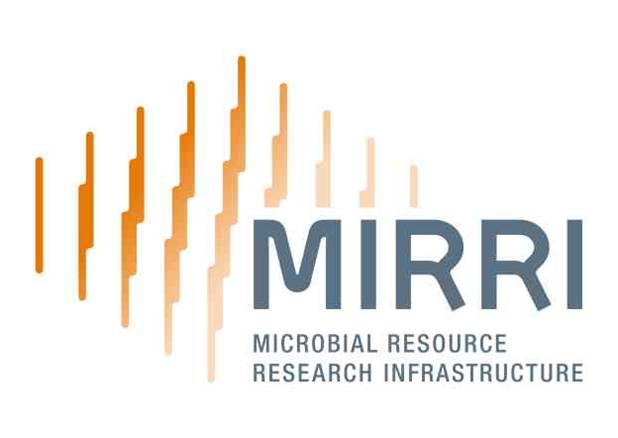
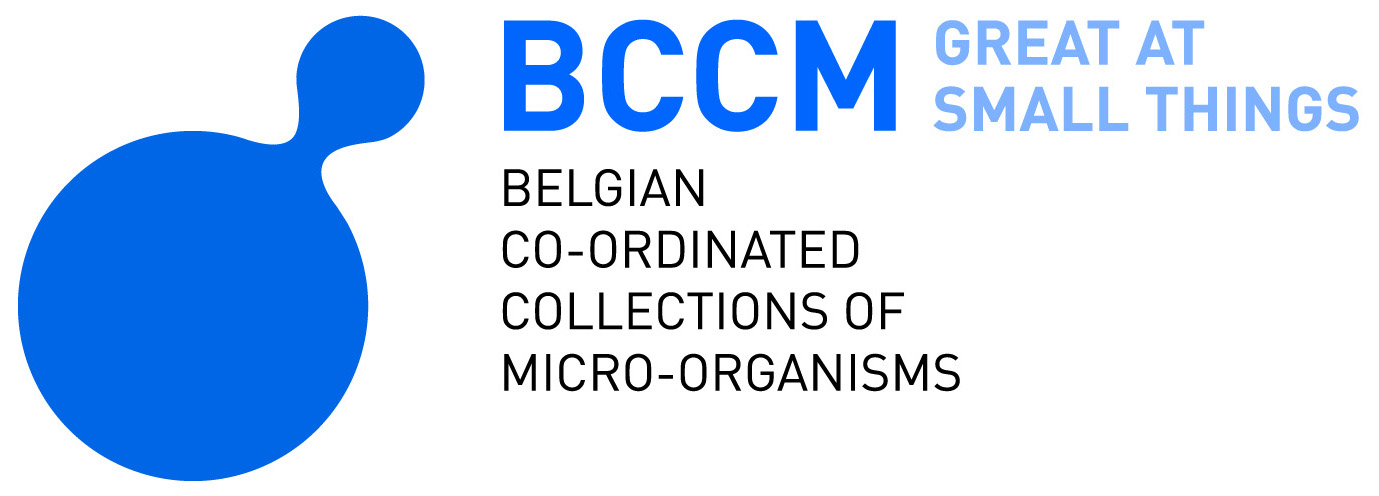 |
 |
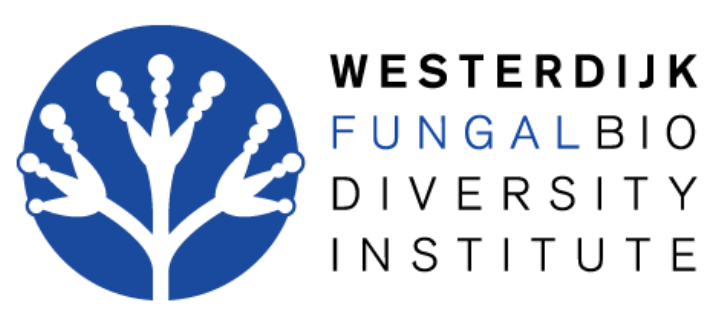 |
 |
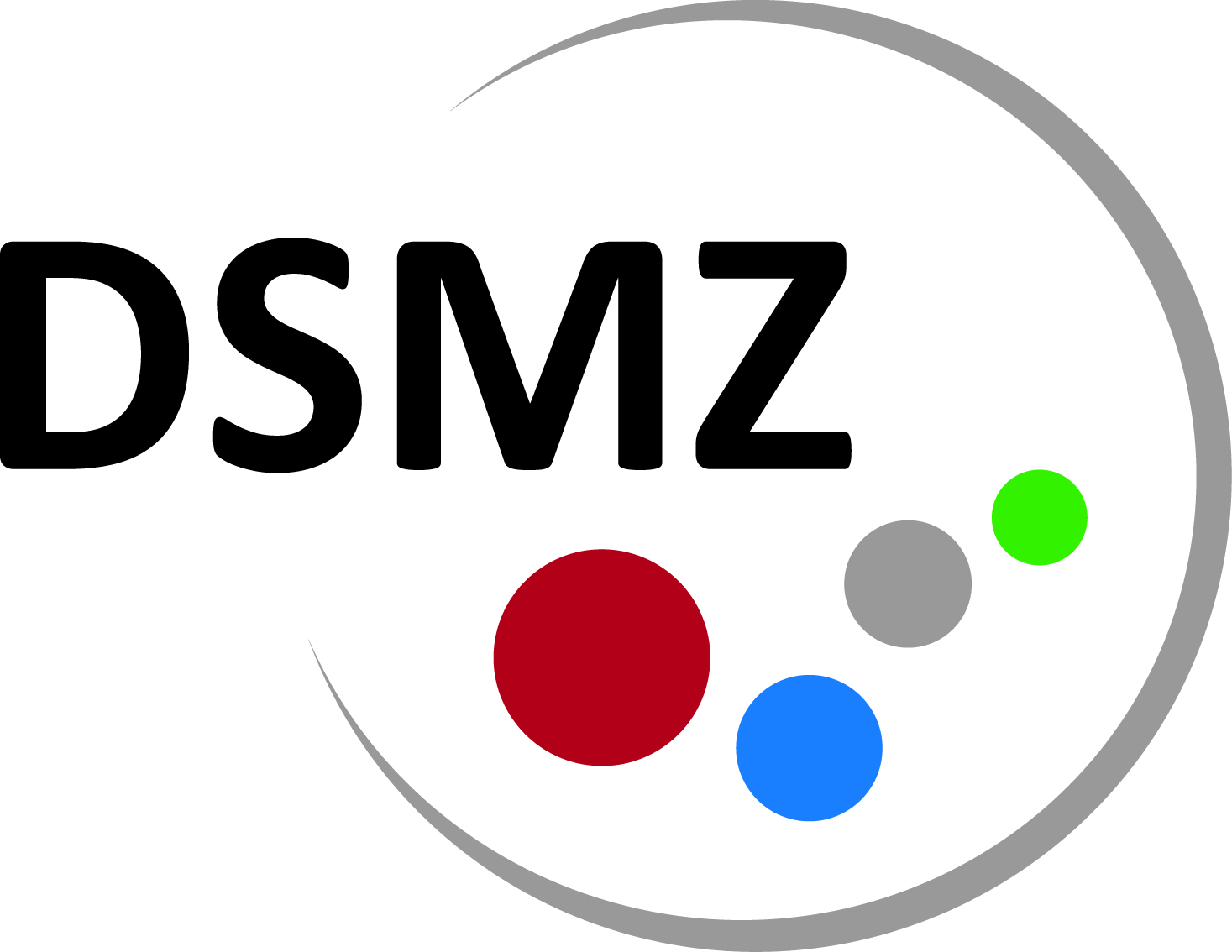 |
 |
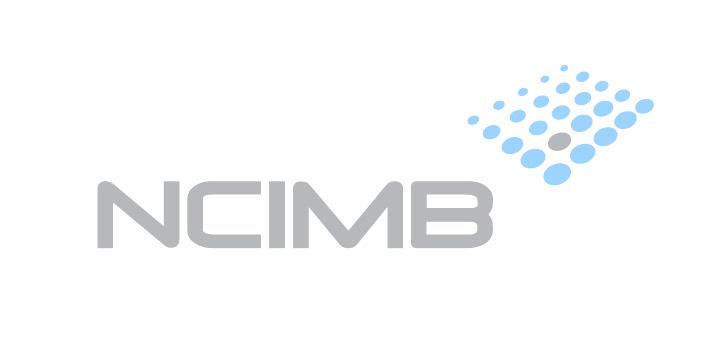 |
Last revised:
February
2023
This work cannot be reproduced in whole or in part without the express written permission of the CABRI consortium.